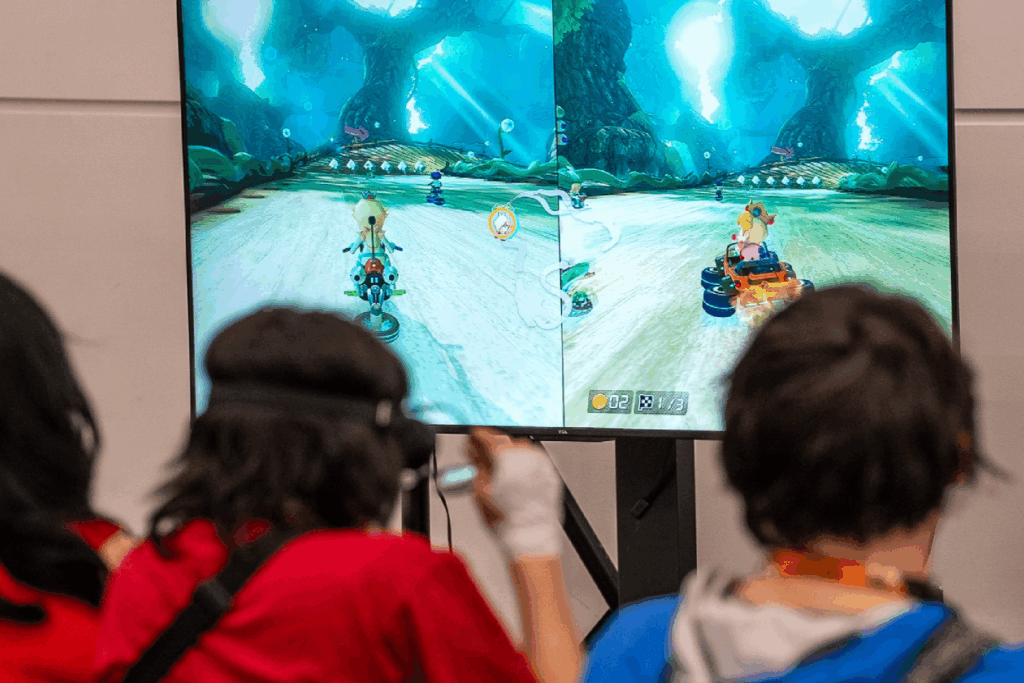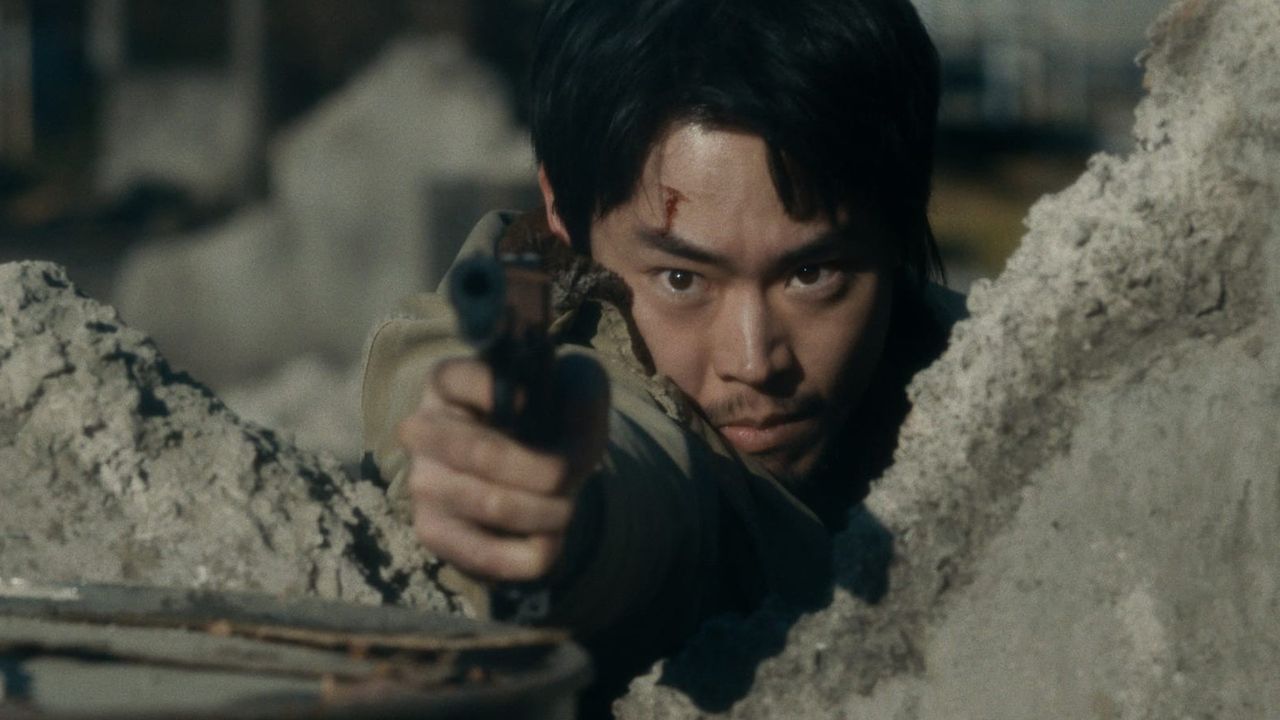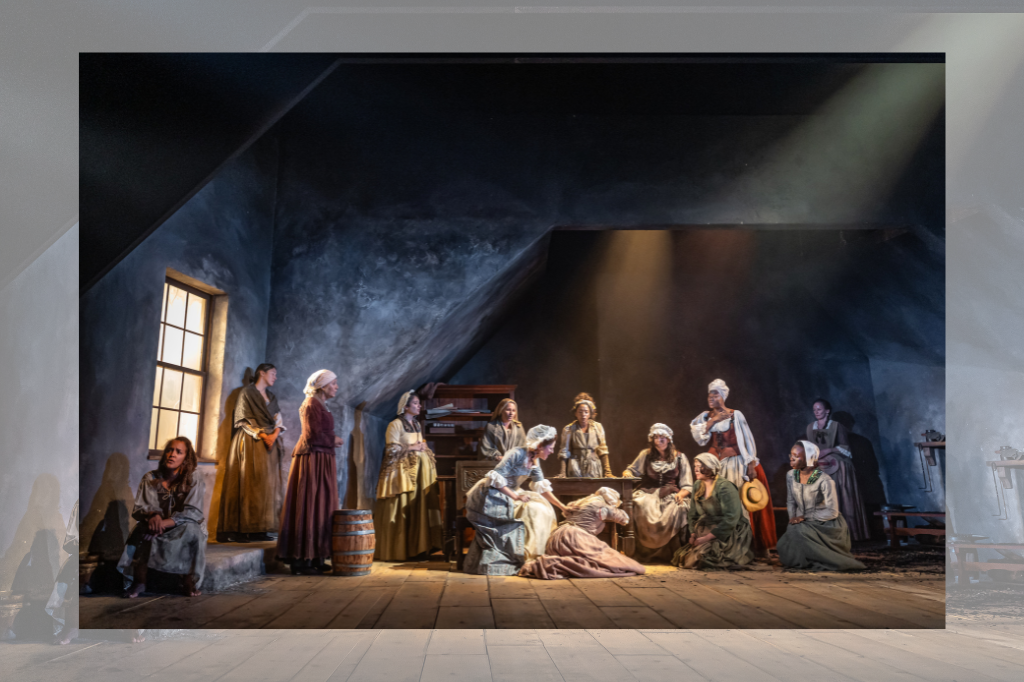The idea of conventional happiness is brought up in Cloud by another reseller when Yoshii tells him of plans to marry his girlfriend. I find it interesting how we see Yoshii pursue, or not pursue, the hallmarks of “conventional happiness.” For example, he has his girlfriend move in with him, but he doesn’t seem particularly interested in her. Or he rejects a promotion at work, but pursues wealth in his own, not necessarily legal, way. How did this idea of “conventional happiness” come into the story for you, and in the sort of intentional contradictions we see in Yoshii?
First, I just want to say that’s a very accurate analysis. I don’t think that I’ve ever attempted to think about my protagonist, speak about him or write about him in any kind of analytical way where I was trying to describe what type of person he is. But I just first want to say that that’s exactly right. That’s the type of protagonist that he is.
It becomes difficult to explain who this protagonist is. I did want to make someone who was very real in the sense of being a person living in contemporary Japan. I think at the very end of the film, I wanted the protagonist to still have some sense of hope, or some sense of future, even after all of the events of the film. I kept thinking about what could propel him into the future. Of course, he experiences all of these very, very negative things, and even the person that he tried to project this kind of hope for life on, which was his girlfriend, ends up betraying him. So in a lot of senses, it’s the worst-case scenario.
However, I wanted there to be something like hope, or a sense of future, to support this protagonist. I know that this is not really an answer because I can’t explain concretely what that something is, but there needed to be a power within him to keep going, and I think that is reflective of the contemporary condition of people living in present-day Japan.
Location is always a crucial element in your films, and here we have these distinct sections between the opening act in Tokyo, the middle section at the lakeside home and the final act in the factory setting. How did you work to bring out the different qualities that each of these locations brought to the story?
It is actually very simple, really. With Tokyo being a very dense city, it is very difficult to commit crimes out in the open. I did want to structure the film in a way where the protagonist starts out as a very ordinary, urban-dwelling Tokyoite, and then gradually starts to leave that space of reality and enter into the world of genre, or the world of action films. Like I said, I wanted to make a film like Straw Dogs, so then a house in the forest became very important. It’s really as simple as that.
















